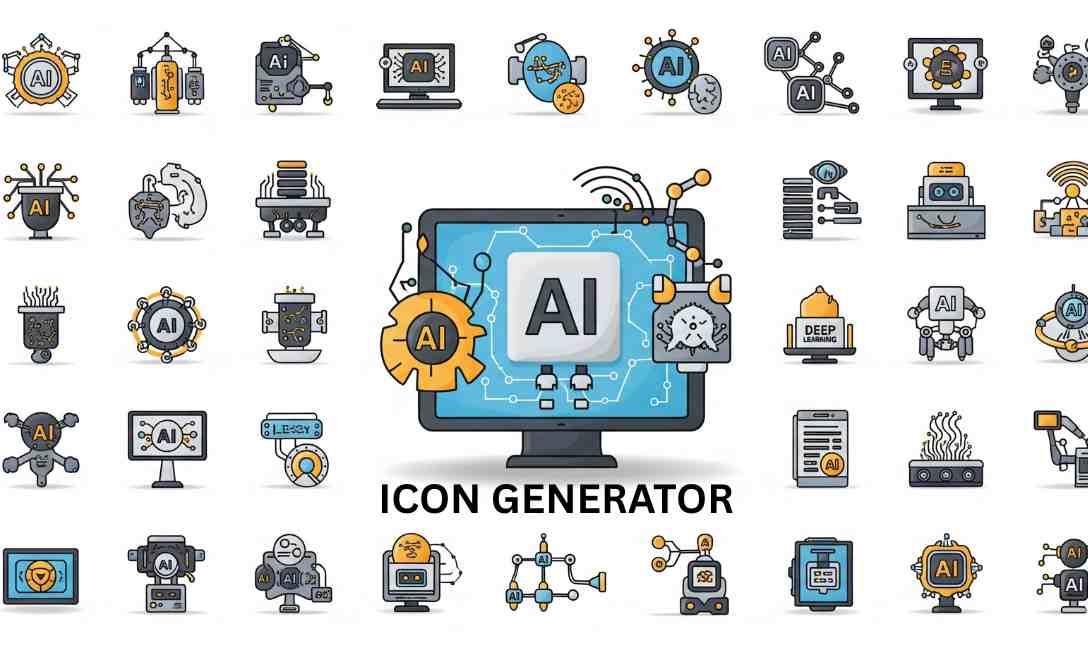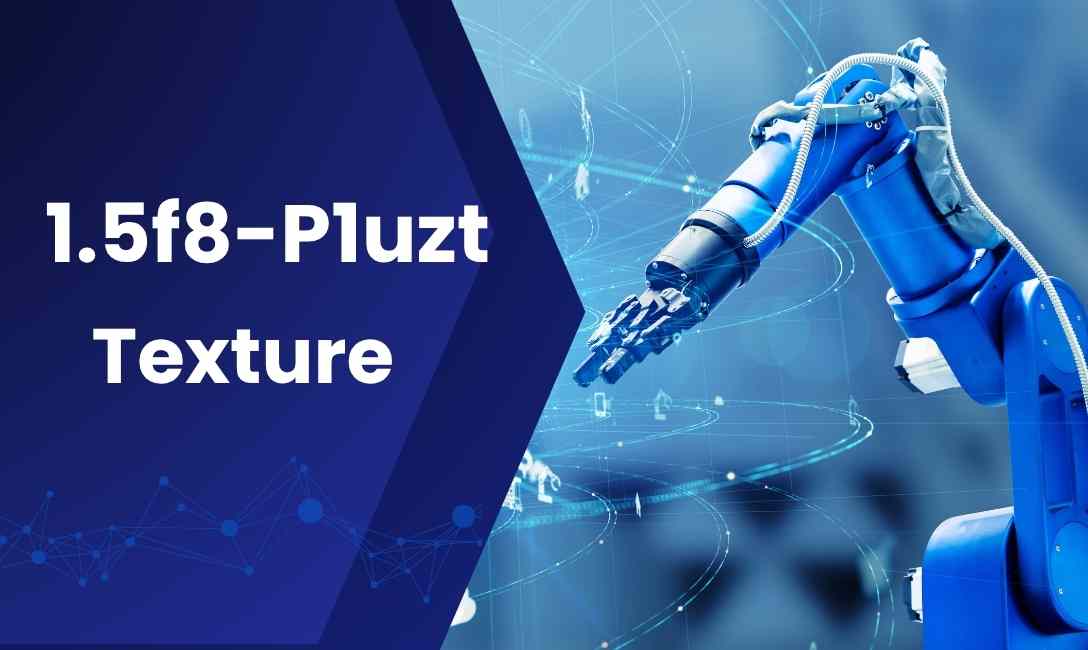Introduction to AI 111
Artificial Intelligence (AI) has revolutionized the way we live, work, and interact with technology. Among the latest advancements in the AI landscape is AI 111 — a concept or tool that has been gaining attention across tech communities, innovation hubs, and digital transformation discussions.
Whether you’re a tech enthusiast, a business leader, a developer, or simply someone curious about the future of intelligent machines, this guide offers an in-depth.
What is AI 111?
It refers to an emerging subdomain, system, or possibly a codename related to artificial intelligence development, often associated with advanced automation, neural learning systems, or specific proprietary AI models or frameworks.
Though the name “AI 111” might sound cryptic, it symbolizes:
- 1 vision: To automate and augment human capability.
- 1 core: Built on centralized, intelligent logic.
- 1 goal: To deliver smarter, faster, and scalable AI solutions.
Depending on its use, AI 111 could be a software framework, an AI module, a machine learning course code, or an identifier for an enterprise-level AI engine. For the sake of this article, we’ll treat as a comprehensive AI solution encompassing:
- Machine learning (ML)
- Natural language processing (NLP)
- Predictive analytics
- Computer vision
- Ethical AI frameworks
Key Features
Here are some of the distinctive features that make AI stand out from other traditional AI tools or systems:
1. Real-Time Learning and Adaptation
Unlike static AI models that require retraining, AI 111 is designed for continuous learning. It adapts based on real-time user inputs and changes in its environment.
2. Cross-Platform Integration
AI 111 can be integrated with cloud systems, IoT devices, mobile apps, and even robotic frameworks. It offers plug-and-play APIs, enabling seamless usage across sectors.
3. Transparent Decision-Making
Trust in AI is a major concern. AI 111 implements explainable AI (XAI) principles, where every action and decision taken by the model is traceable and understandable by humans.
4. Enhanced Data Privacy
With rising concerns about data misuse, AI 111 uses federated learning and privacy-preserving models, ensuring that user data remains secure.
Applications of AI 111 in the Real World
Let’s explore how AI is being applied across industries:
1. Healthcare
AI 111 aids in:
- Diagnosing diseases using computer vision
- Recommending personalized treatment plans
- Managing hospital logistics through intelligent automation
For instance, hospitals using AI 111-based models reported a 25% improvement in diagnostic accuracy for conditions like pneumonia and diabetic retinopathy.
2. Finance
In the financial sector, It helps:
- Detect fraudulent transactions in real-time
- Provide smart investment insights
- Enhance customer support via intelligent chatbots
A fintech startup integrated AI 111 and saw a 40% drop in customer churn due to more responsive, AI-driven communication.
3. Education
With AI 111, edutech platforms can:
- Tailor learning paths for each student
- Offer voice and visual tutoring via virtual assistants
- Automate assessments and feedback
AI 111 is making education more inclusive and adaptive than ever before.
4. Retail and E-Commerce
Retailers leverage AI 111 to:
- Predict customer behavior
- Optimize inventory and supply chain
- Enhance user experience with recommendation engines
According to case studies, companies using AI 111 in retail experienced a 17% increase in sales within six months.
5. Transportation and Logistics
AI 111 can:
- Power autonomous vehicle decision-making
- Optimize delivery routes using real-time data
- Manage fleet operations more efficiently
The Benefits of AI 111
1. Improved Efficiency
AI 111 automates time-consuming tasks, reducing manual effort and speeding up business processes.
2. Better Accuracy and Prediction
It uses large datasets to improve precision in predictions — from weather patterns to user behavior.
3. Enhanced Customer Experience
Personalized AI recommendations and support improve customer satisfaction.
4. Scalable Solutions
As a modular system, AI 111 can grow with the business or user’s needs, from startup to enterprise-level deployment.
Challenges and Ethical Considerations
While AI 111 offers great promise, it also raises critical ethical and technical concerns.
1. Data Bias
If the training data contains bias, AI might replicate or even amplify it. Addressing data fairness is crucial.
2. AI Transparency
Even with explainable AI, full transparency can be hard to achieve in complex models.
3. Job Displacement
Automation via AI may impact job roles, especially in repetitive tasks. However, it also opens doors to new job categories in AI ethics, monitoring, and engineering.
4. Security Risks
AI could be misused for deepfakes, misinformation, or cyberattacks if not controlled properly.
Future of AI 111
Experts believe AI will soon:
- Power general-purpose AI agents that can assist across multiple domains without task-specific programming.
- Integrate with quantum computing to perform complex calculations faster.
- Evolve into autonomous ethical systems, where AI will make decisions not just based on logic, but ethics too.
By 2030, AI 111 could become the standard backbone for all intelligent systems across industries.
How to Get Started with AI 111
If you’re an individual or business looking to leverage AI, here are steps to get started:
- Understand your needs – Identify where AI can best serve your operations.
- Choose a deployment model – Cloud-based, on-premise, or hybrid.
- Train your data – Feed quality, unbiased data into AI.
- Implement gradually – Start with one function (e.g., customer support) and scale.
- Monitor continuously – AI models need regular feedback and optimization.
Conclusion
AI represents more than just another AI tool — it symbolizes the next chapter in smart technology. With its powerful features, real-world applications, ethical foundation, and scalable design, AI is paving the way for a more intelligent, secure, and efficient future.
As businesses and individuals begin to embrace its potential, understanding AI 111 deeply — with trust and transparency — will be the key to unlocking success in the AI-driven era.
FAQs About AI 111
1. Is AI 111 available as open-source software?
Currently, the specifics depend on which company or institution is backing the AI framework. Some modules may be open-source, while others are proprietary.
2. Can small businesses use AI 111?
Yes. Thanks to its scalable and modular architecture, AI can be adapted even for small-scale businesses with limited budgets.
3. Is AI 111 suitable for mobile applications?
Absolutely. Many developers are already building AI powered mobile apps, particularly for health monitoring, education, and voice assistance.




